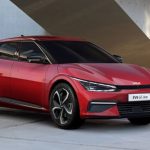Hyundai and Kia assuage consumer concerns over the safety of electric vehicles (EVs) with their latest Battery Management System (BMS) technology, a significant advancement in their ongoing efforts to enhance reliability and performance.
On August 15, Hyundai and Kia shared their endeavors to enhance electric vehicle safety through hardware and software developments. The South Korean automakers unveiled a safer Battery Management System (BMS) based on 15 years of diligent research and development.
South Korea’s two largest automakers will offer this service for existing electric vehicle models sequentially after developing technology that enables BMS installation through updates later this year.
“Hyundai and Kia aim to restore consumer confidence, even in the face of potential risks, by announcing their plans to prevent vehicle fires with BMS technology,” said an insider from the South Korean automotive industry.
The BMS acts as the “brain” of an electric vehicle, and one of its critical functions is to monitor the vehicle’s battery system, ensuring efficient and safe operation. According to Hyundai and Kia, the new BMS oversees various factors, including voltage deviations, insulation resistance, changes in current and voltage, temperature, and over or under-pressure conditions.
Should any anomalies be detected by the BMS, it will implement the necessary safety controls and, depending on the severity, immediately notify the customer. Diagnostic data is transmitted to a remote support center, which can then send automated messages to customers, advising them to seek maintenance or emergency assistance.
“The BMS focuses on monitoring the charging status and maintaining close coordination with the charger controller, effectively preventing overcharging. As a result, the likelihood of accidents due to overcharging is virtually zero,” said a Hyundai executive.
The manufacturers noted that while battery fires in electric vehicles could stem from various causes, most originate from battery cell faults or short circuits due to collisions. The BMS system continuously monitors the battery while driving and charging and even periodically checks for battery anomalies when the vehicle is parked and turned off.
Additionally, the automakers are developing an advanced system that can automatically notify authorities in case of a severe issue. Furthermore, the two brands are researching an “integrated safety management system based on cloud technology” that utilizes advanced diagnostic and remote diagnosis capabilities.
To prevent overcharging, Hyundai and Kia have implemented a three-level protection system. This multi-level safety method includes centralized monitoring of the charging status and coordination with the charger controller to prevent overcharging at each stage.
A representative of Hyundai Motor Group stated, “Our electric vehicles integrate multiple safety technologies developed based on the expertise and knowledge accumulated by our R&D team over the years.”
“We are committed to continuously developing new safety technologies to ensure that our global customers can use our electric vehicles with peace of mind.”
TT (Tuoitrethudo)
[CAR REVIEW] Hyundai Palisade 2023 Coming to Vietnam: “Worth Every Penny”
According to the plan, Hyundai will bring the Palisade – the brand’s largest and most expensive 3-row SUV – to Vietnam in 2023. How does the Palisade stand out compared to its rivals, the Ford Explorer and Volkswagen Teramont, which have already entered the Vietnamese market? Readers are invited to refer to reviews of this vehicle in foreign markets.
























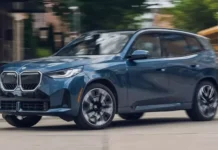




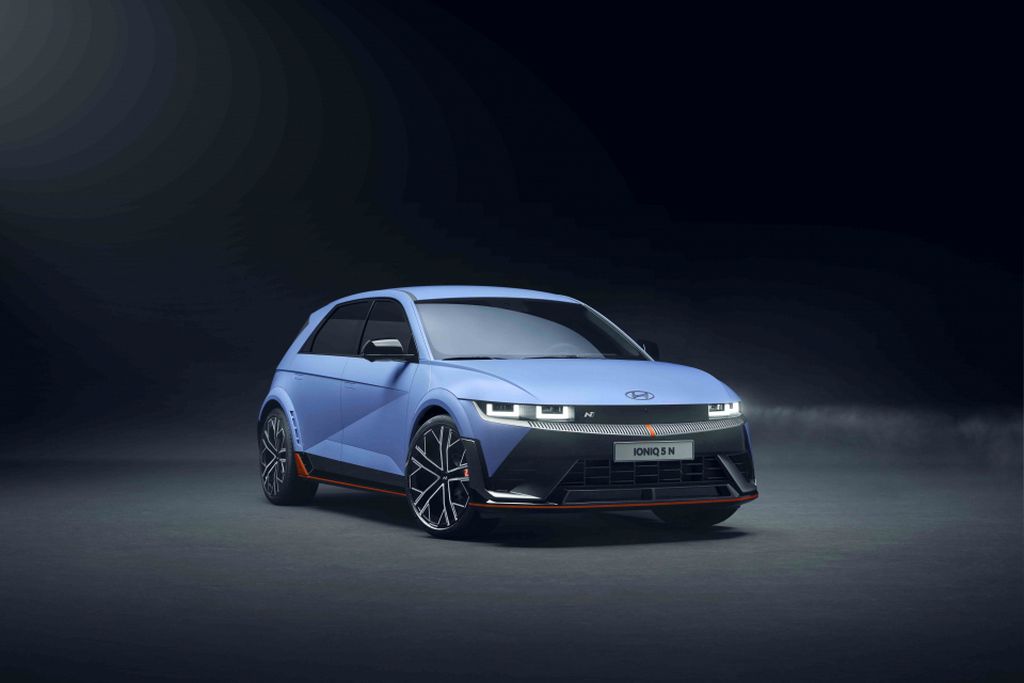
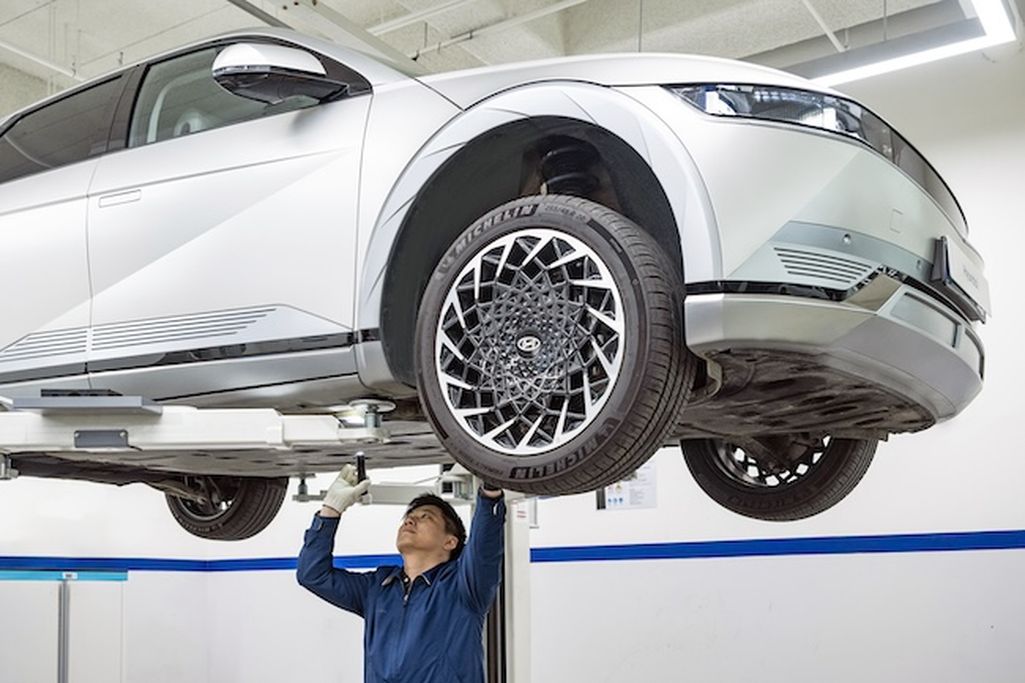
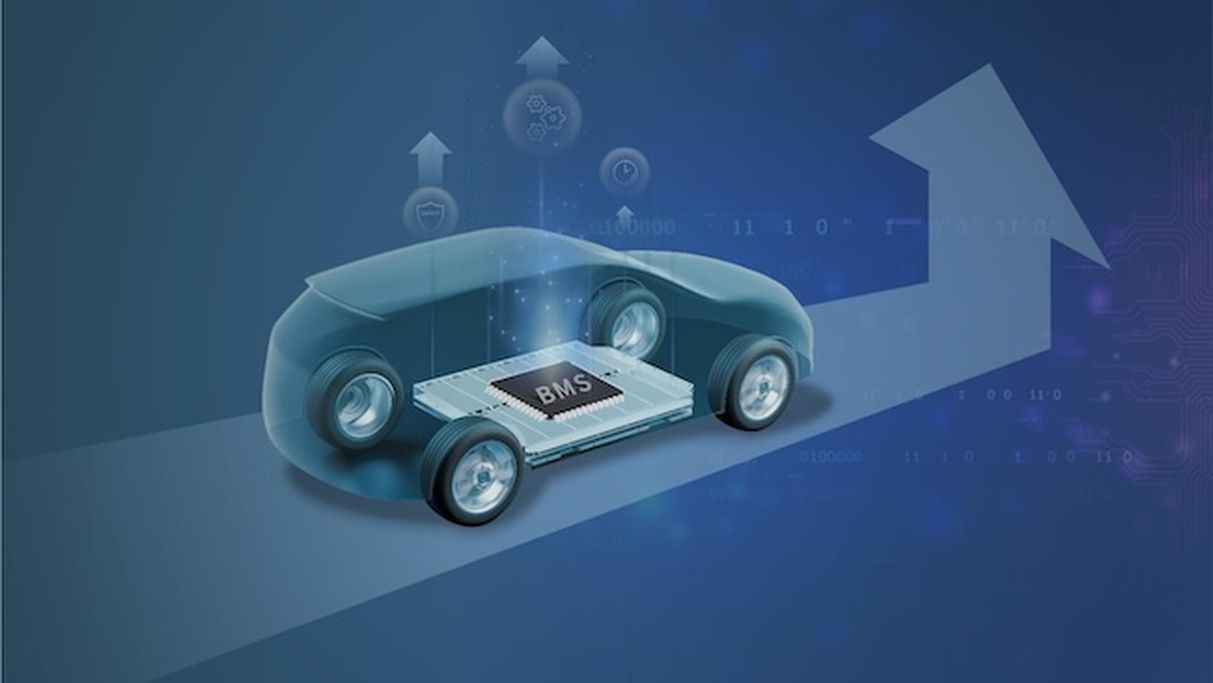

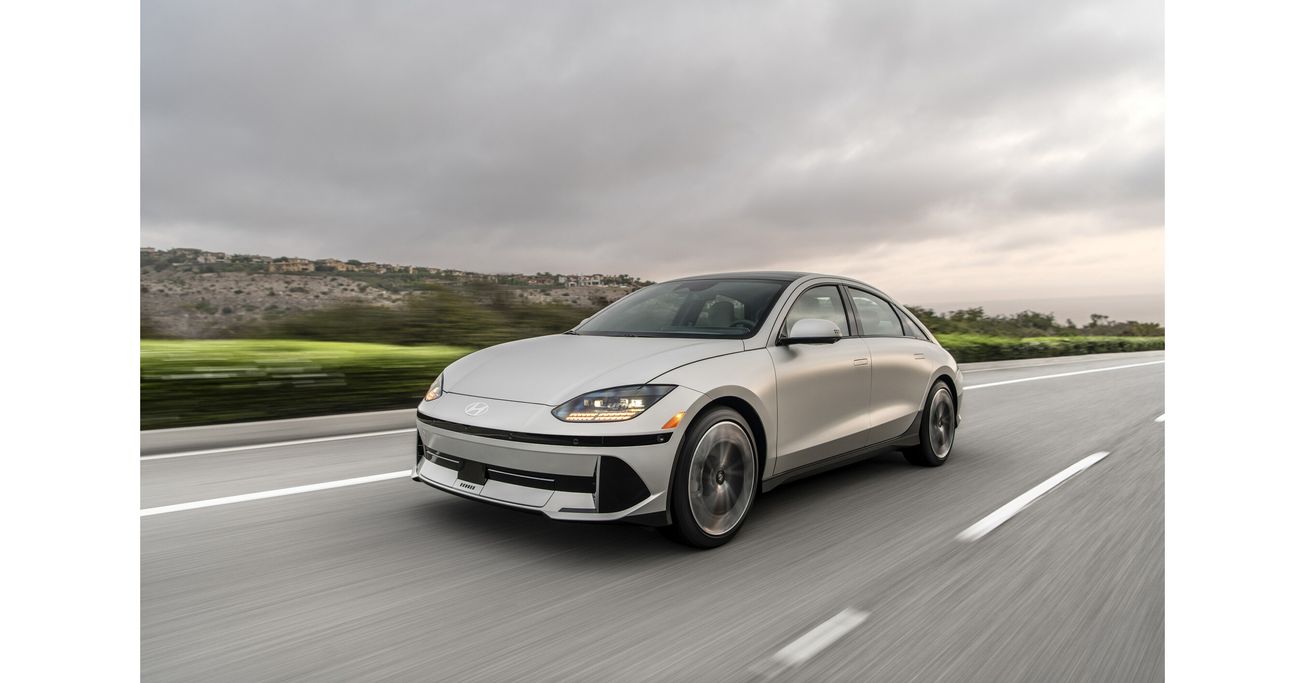
![[CAR REVIEW] Hyundai Palisade 2023 Coming to Vietnam: “Worth Every Penny”](https://vnauto.net/wp-content/uploads/2023/10/xehay-hyundaipalisade-13062023-1-150x150.jpg)

